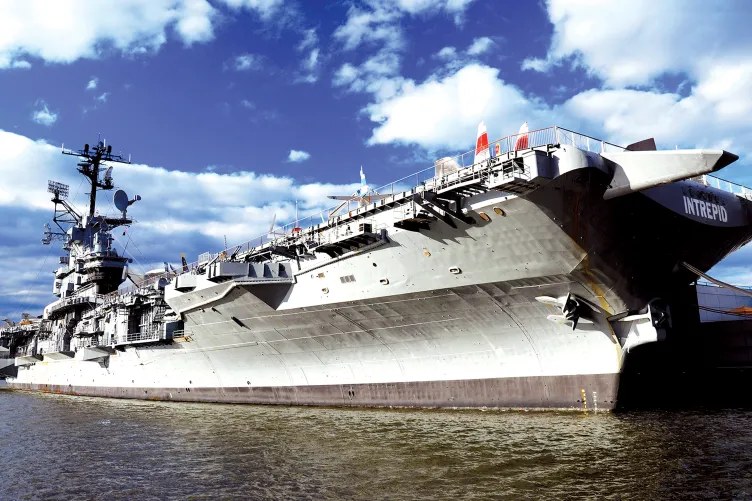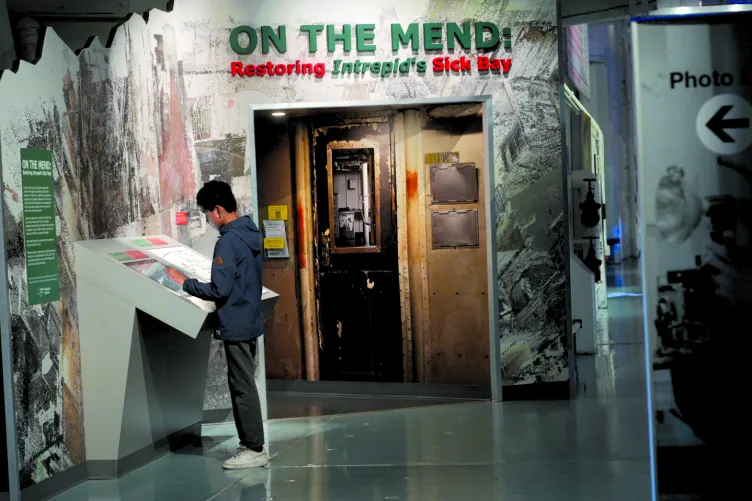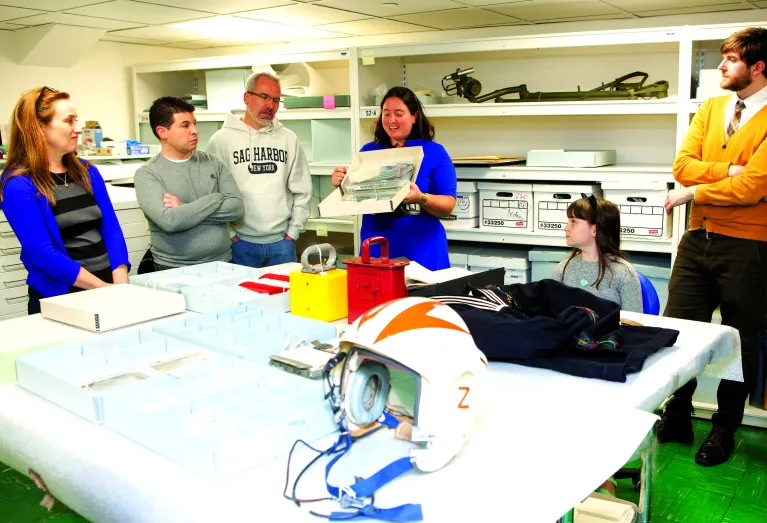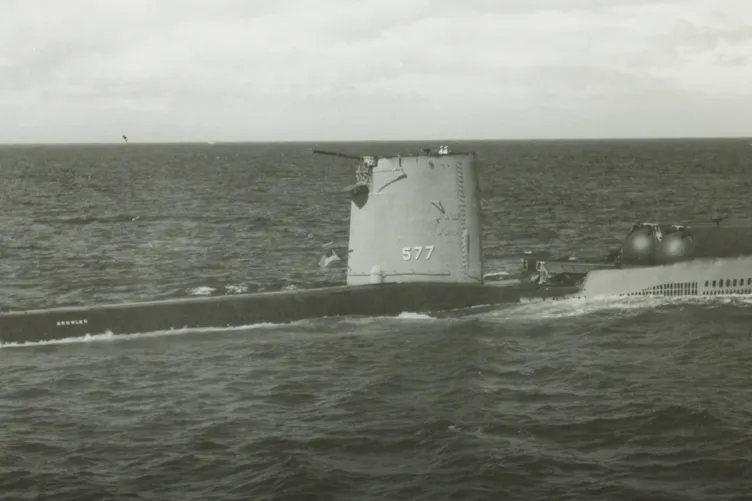
Mon-Fri: 10:00am-5:00pm
Sat, Sun, and Holidays: 10:00am-6:00pm
WELCOME TO THE INTREPID MUSEUM
Experience the world’s first space shuttle, a nuclear weapons-carrying submarine, dozens of military aircraft, a supersonic spy plane, and the world’s fastest commercial airliner displayed in and around the legendary aircraft carrier, Intrepid—an awe-inspiring place for an unforgettable adventure.

Ready for adventure? Explore our admission and membership options to find what’s right for you and your group.

Our dynamic exhibitions reveal the stories of the people who made history and the technology behind some of the most extraordinary accomplishments of the 20th century.

We offer exciting events for every age and interest level. Browse our event calendar to see what we have planned!
Put yourself in the pilot’s seat with exhilarating flight simulators, a 4D theater, virtual and augmented reality experiences and more.
We offer a number of different programs and events that celebrate history, science, technology and engineering in fun and exciting ways.
Use our interactive map to get a closer look at the spaces you can’t wait to explore during your visit.
Stay in the know about upcoming events, exhibits and so much more.












